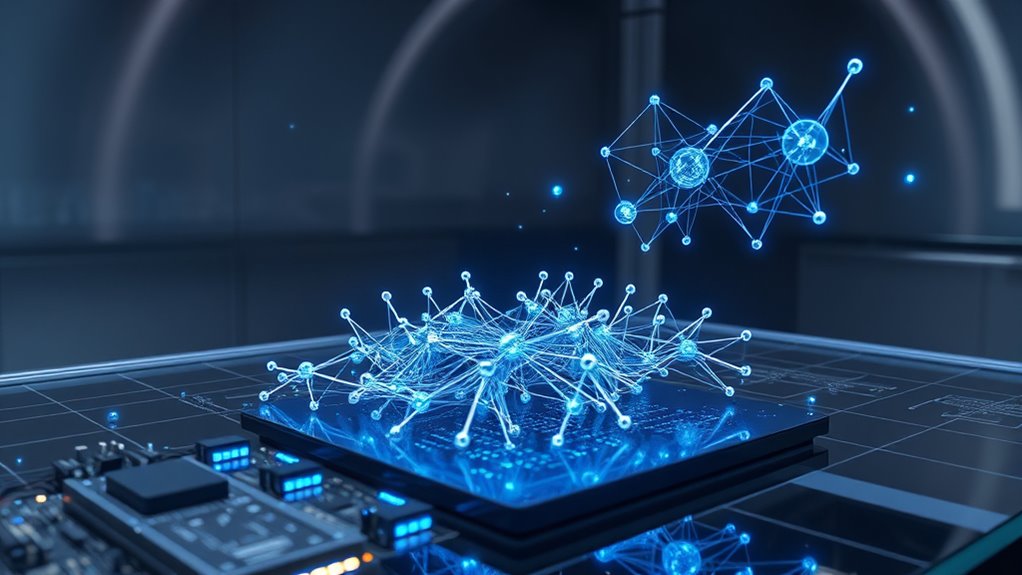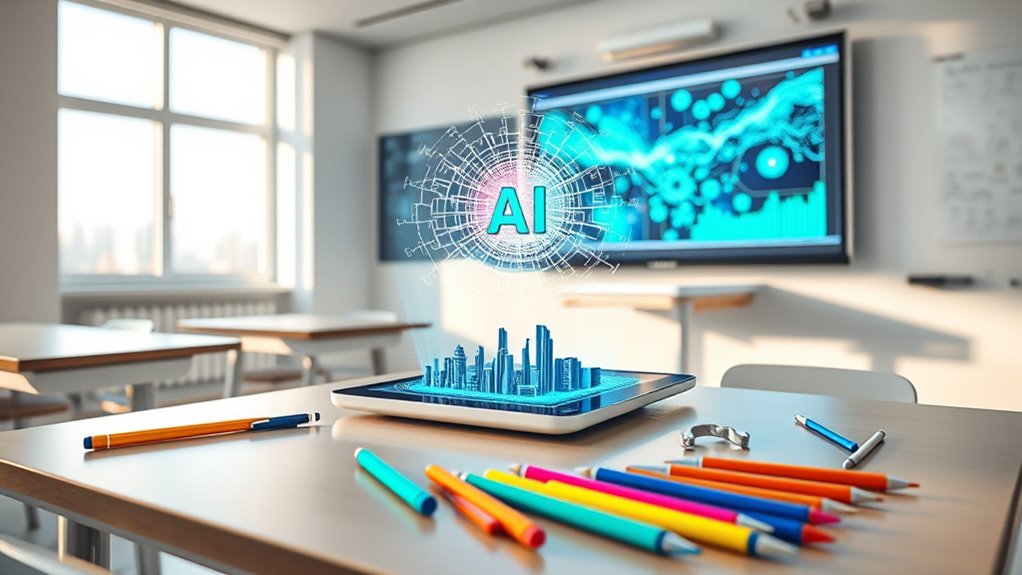Innovation is buzzing at YU with their cutting-edge deep learning system. This new tech mimics how humans adapt and learn. It doesn’t need to restart when faced with new challenges. Instead, it keeps learning seamlessly, just like a person would. YU’s system aims to make artificial intelligence, or AI, act more human-like. It focuses on understanding changes and adjusting on the go. This is a big step forward in creating smarter machines. The system’s ability to update in real-time without retraining sets it apart from traditional models.
The team at YU isn’t working alone. They’re joining hands with others to build AI that learns directly from people. Their goal is to create systems that get better over time by watching how humans think and react. This collaborative effort makes the technology more relatable. It’s not just about coding; it’s about connecting with human needs. The system also integrates user experience ideas to improve how people interact with it. This makes the AI easier to understand and use. Additionally, this technology could personalize education further with adaptive learning systems tailored to individual student needs.
YU’s deep learning system has cool uses in education too. It powers teaching platforms that create personalized content for students. Imagine lessons with visuals made just for you. The AI also gives real-time feedback to help learners improve. This technology enhances comprehension through dynamic visual content tailored to individual needs. However, it’s still tricky for the system to adjust perfectly to each person’s style. There are challenges in fitting this tech into current school systems, but the potential is huge. In the future, AI could make learning more interactive and tailored.
YU’s deep learning system transforms education with personalized content and real-time feedback, promising a future of interactive, tailored learning experiences.
On the tech side, YU uses advanced tools like pre-trained models. These help the AI adapt faster to new tasks. They’ve also got methods like adaptive dropout to make training more efficient. This stops the system from overfitting, which means it doesn’t just memorize data but actually learns. Plus, their models can even work across different languages for better speech recognition.
What’s next for YU’s deep learning? It’s already showing promise in fields like geophysics for analyzing complex data. As they keep refining this tech, it could change how we solve problems. YU’s system is paving the way for AI that’s not just smart, but also understands us better. The future looks exciting with this innovation leading the charge.








